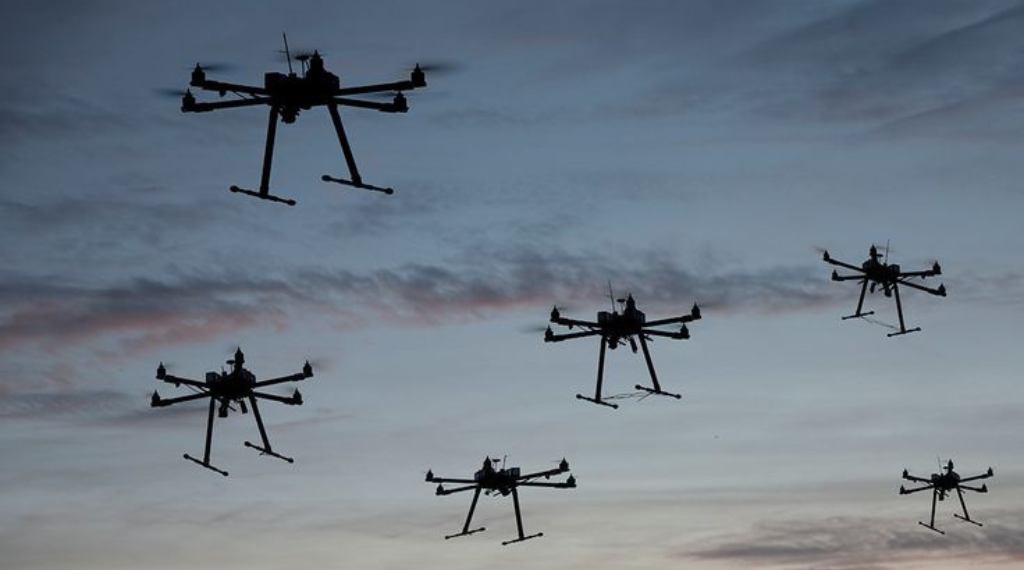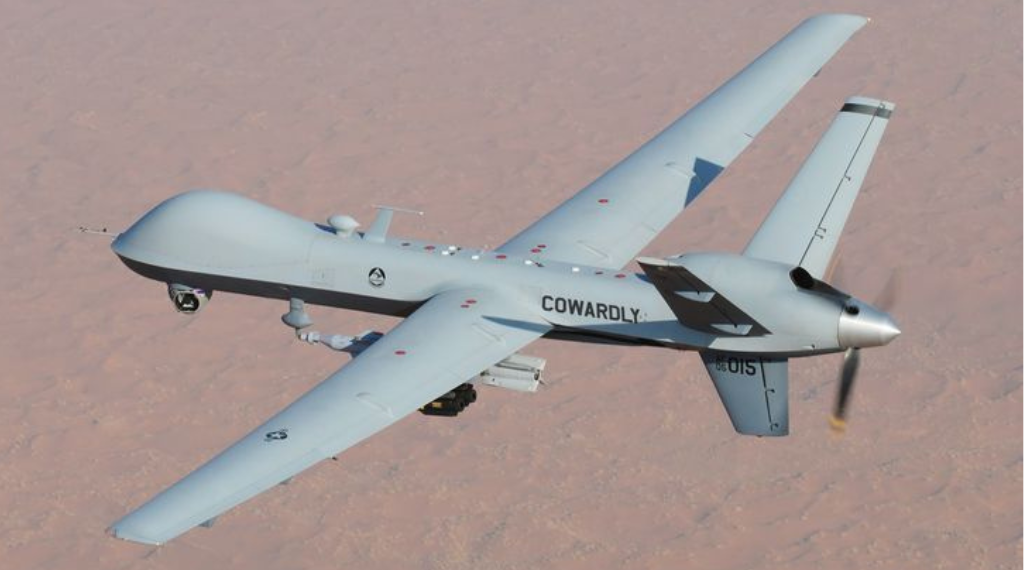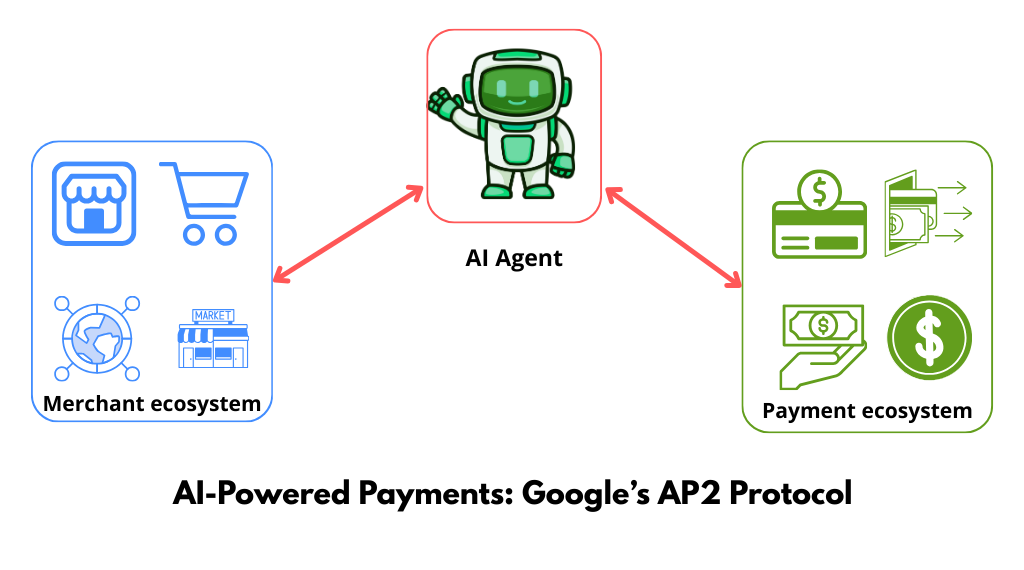The U.S. military is moving closer to a future in which autonomous drones play a central role on the battlefield. Recent defense contracts, pilot programs, and research partnerships with private technology firms highlight a growing focus on artificial intelligence (AI) to guide surveillance, targeting, and even combat missions.
Pentagon’s Push Into AI Warfare
According to Defense News, the Pentagon has increased funding for AI-enabled drone systems as part of its 2025 modernization plan. The initiative emphasizes:
- Drone swarms capable of coordinated attacks.
- Autonomous navigation in hostile environments.
- AI targeting systems to reduce human reaction times.
The Defense Advanced Research Projects Agency (DARPA), long known for pioneering military technology, has also tested prototype drone swarms that can operate with minimal human oversight.

Civil-Military Partnerships Driving Innovation
Startups and tech firms are playing a significant role in this shift. Companies such as Anduril Industries and Palantir Technologies have won multi-million-dollar contracts to develop AI defense tools.
As Reuters reports, Silicon Valley entrepreneurs are increasingly working with the Pentagon to provide battlefield-ready technologies, blending commercial innovation with national defense strategy.
Global Competition: U.S. vs. China and Russia
The move toward autonomous drones is not happening in isolation. Both China and Russia are pursuing advanced AI weapons programs, raising concerns in Washington about maintaining a technological edge.
A Brookings Institution report on military AI warns that if the U.S. does not invest heavily in automation, it risks falling behind in a new kind of arms race where algorithmic speed may outweigh traditional firepower.
Ethical and Strategic Concerns
While the promise of autonomous drones includes faster response times and fewer risks to human soldiers, experts caution against unregulated AI warfare.
- Human rights organizations, such as Human Rights Watch, argue that lethal autonomous weapons could blur accountability in conflicts.
- Critics warn of accidental strikes if AI misidentifies targets, especially in urban areas.
- Supporters counter that automation could reduce battlefield casualties by removing human error.
What Comes Next
The Department of Defense has not confirmed when fully autonomous combat drones will be deployed, but testing is accelerating. With global competition rising and defense technology evolving, autonomous drones are likely to be a defining feature of U.S. security strategy in the coming decade.



